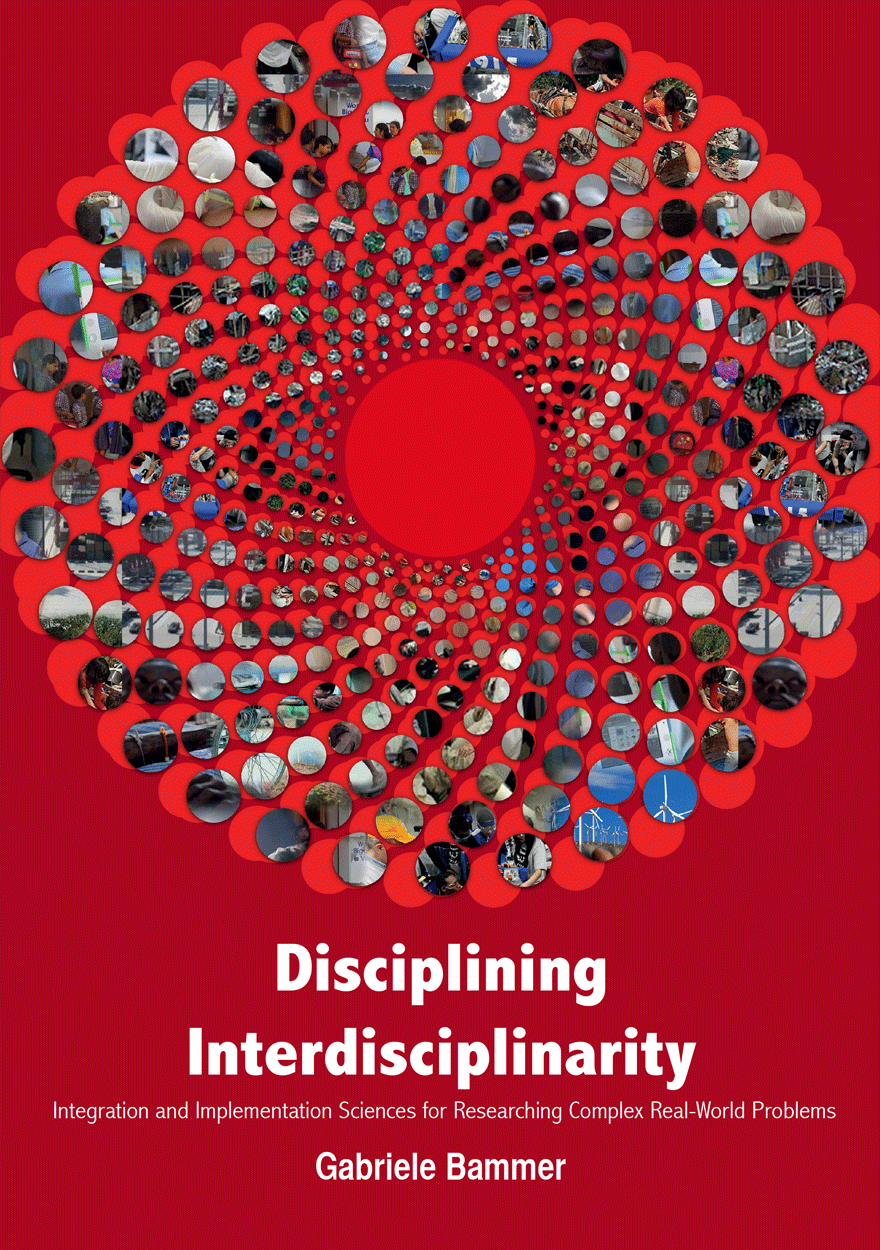Gabriele Bammer

Gabriele Bammer is a professor at the National Centre for Epidemiology and Population Health at The Australian National University and a research fellow at the Program in Criminal Justice Policy and Management at Harvard University’s John F. Kennedy School of Government. Her main interest is effective ways of bringing different disciplinary and practice perspectives together to tackle major social issues, including knowledge brokering to bridge the research-policy/ practice gap. She is seeking to develop more formal processes for doing this by establishing a new specialisation – Integration and Implementation Sciences. In 2001 she was the Australian representative on the inaugural Fulbright New Century Scholars Program, which targets ‘outstanding research scholars and professionals’. She has more than 100 peer-reviewed publications.

Change! »
Combining Analytic Approaches with Street Wisdom

Disciplining Interdisciplinarity »
Integration and Implementation Sciences for Researching Complex Real-World Problems

Bridging the ‘Know–Do’ Gap »
Knowledge brokering to improve child wellbeing

Dealing with Uncertainties in Policing Serious Crime »




